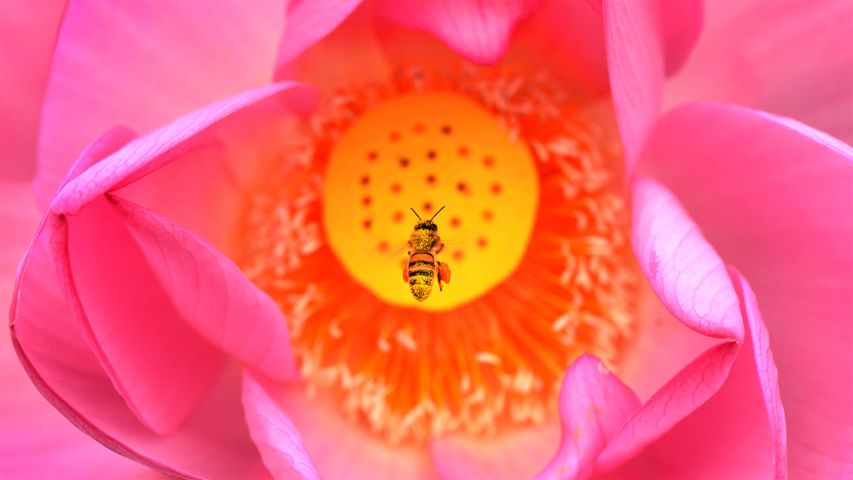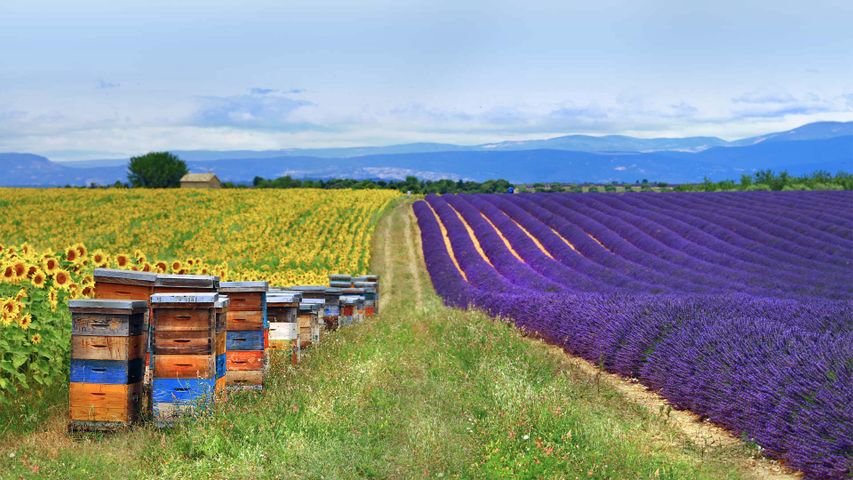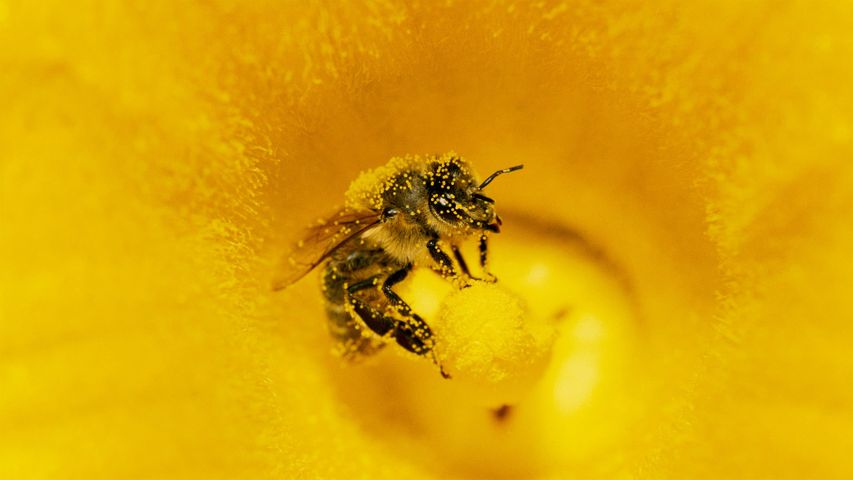Honey bee flying over crocuses in the Tatra Mountains, Poland
© Mirek Kijewski/Getty Image
Something to ‘bee’ thankful for. World Bee Day
Bee-hold the essential workers of the insect world! According to the UN, three out of four crops worldwide which produce fruits or seeds for human food depend, at least in part, on pollinators. And tens of thousands of flowering plants, like the crocuses in today’s photo, would not exist if it weren’t for the little buzzers. But bee colonies are continuing to struggle after more than 20 years of mass die-offs, a phenomenon known as colony collapse disorder.
On the plus side, beekeeping has skyrocketed in recent years, even in towns and cities. Bees suffer in some rural areas where the wildflowers they depend on have largely disappeared and they are harmed by excessive pesticide use. It is urban areas which have greater plant diversity and lower pesticide levels, better for beekeeping. ‘City bees’ are now said to be healthier and produce better honey than bees raised in farming areas.
In Slovenia, the country responsible for the World Bee Day initiative, beekeeping is a way of life. One out of every 200 people is a beekeeper, most of them amateurs. The Beekeeping Academy of Slovenia says the hobby teaches ‘responsibility, perseverance, modesty, hard work, love of nature and homeland.’ Plus, they get that honey. Now that’s something to buzz about.
Related Images
Bing Today Images
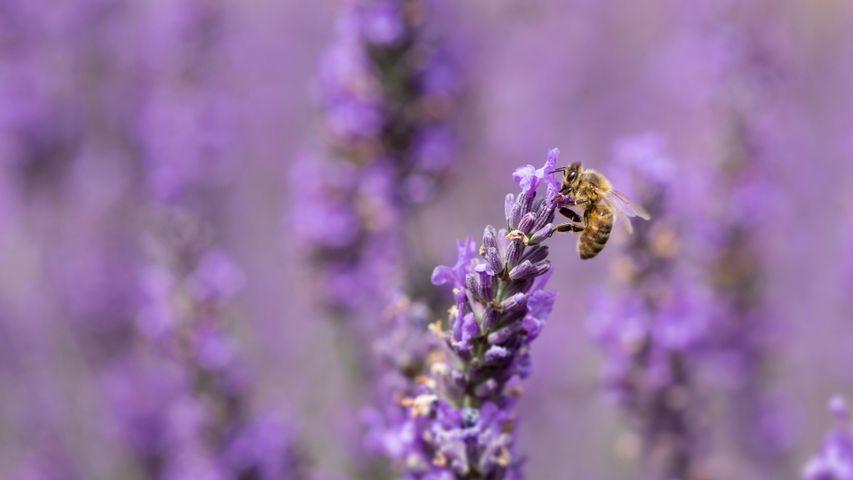
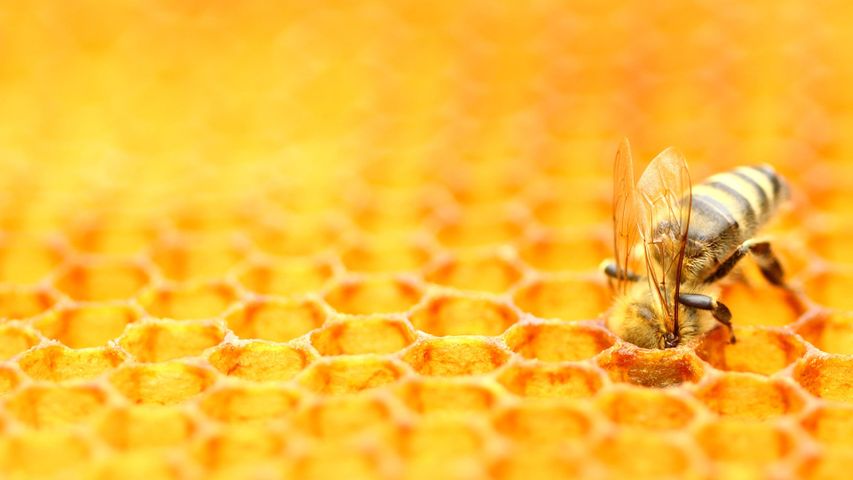
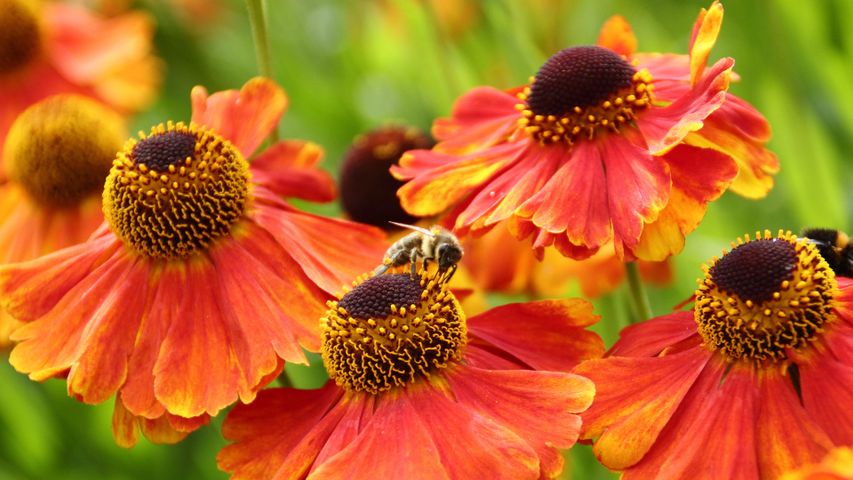
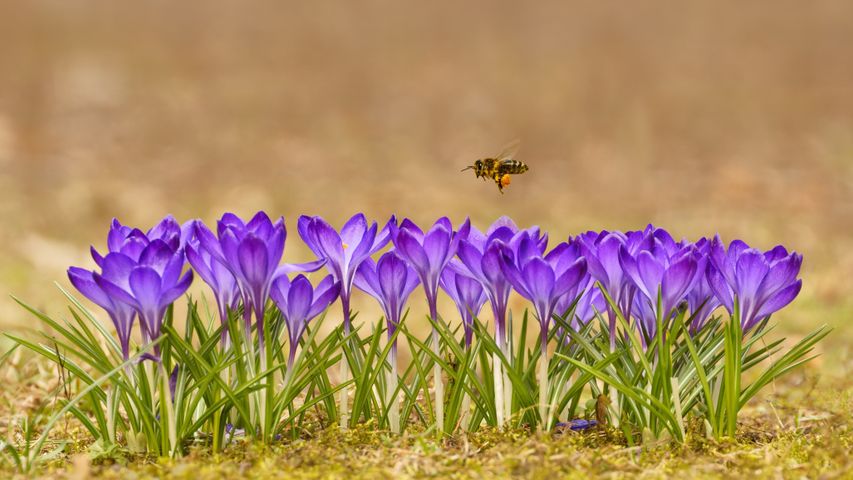
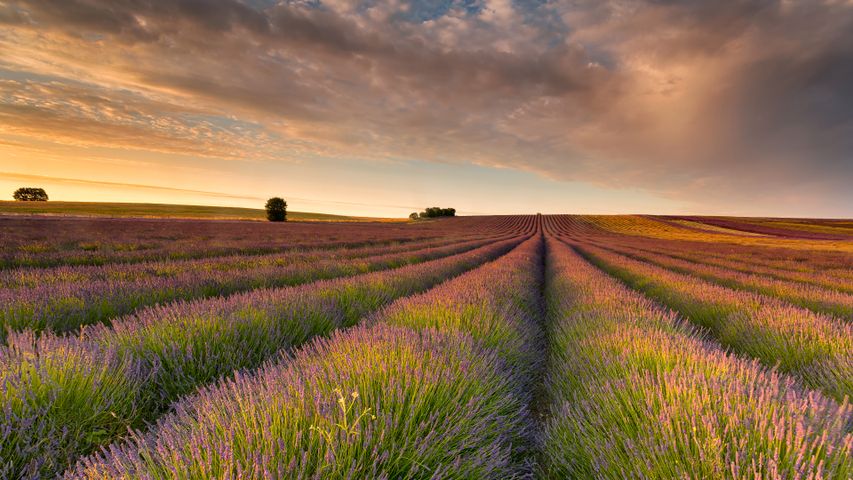 Lavender field, Hertfordshire, England
Lavender field, Hertfordshire, England
 Wildflowers in Mount Rainier National Park, Washington, USA
Wildflowers in Mount Rainier National Park, Washington, USA
 Russell lupines along Lake Tekapo, South Island, New Zealand
Russell lupines along Lake Tekapo, South Island, New Zealand
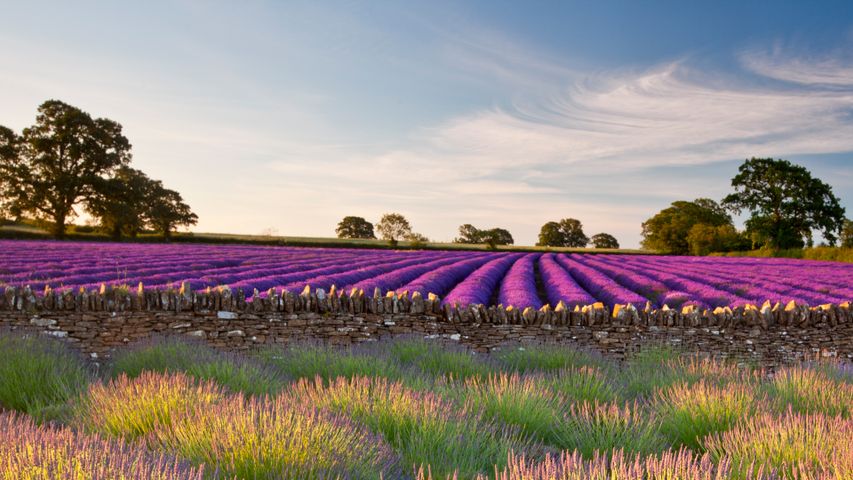 Field of lavender, Somerset, England
Field of lavender, Somerset, England
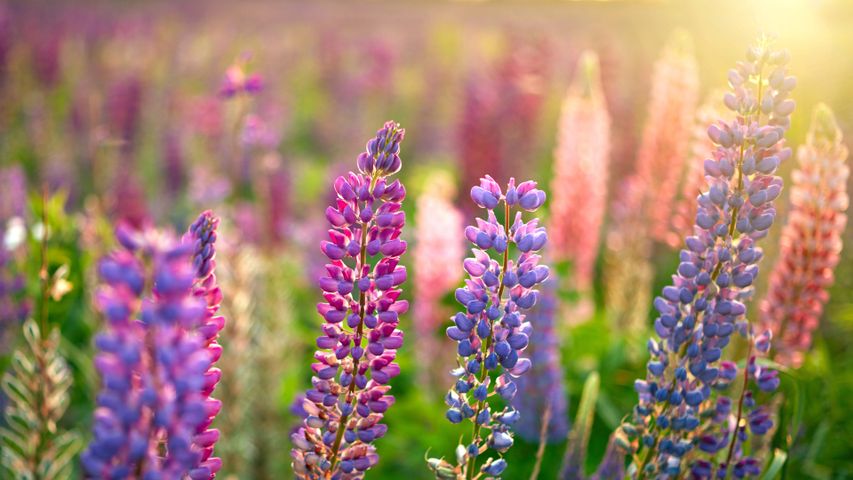 Wild lupine in purple and blue
Wild lupine in purple and blue
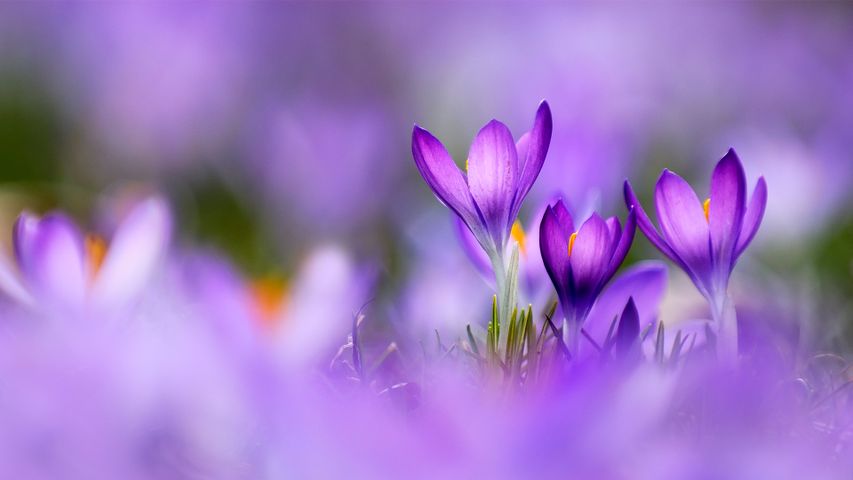 Crocus flowers
Crocus flowers
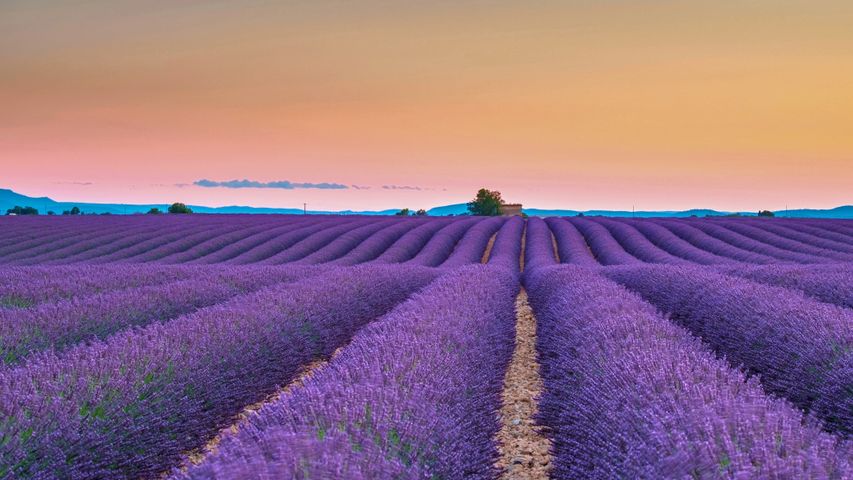 Lavender fields on the Valensole Plateau in Provence, France
Lavender fields on the Valensole Plateau in Provence, France
